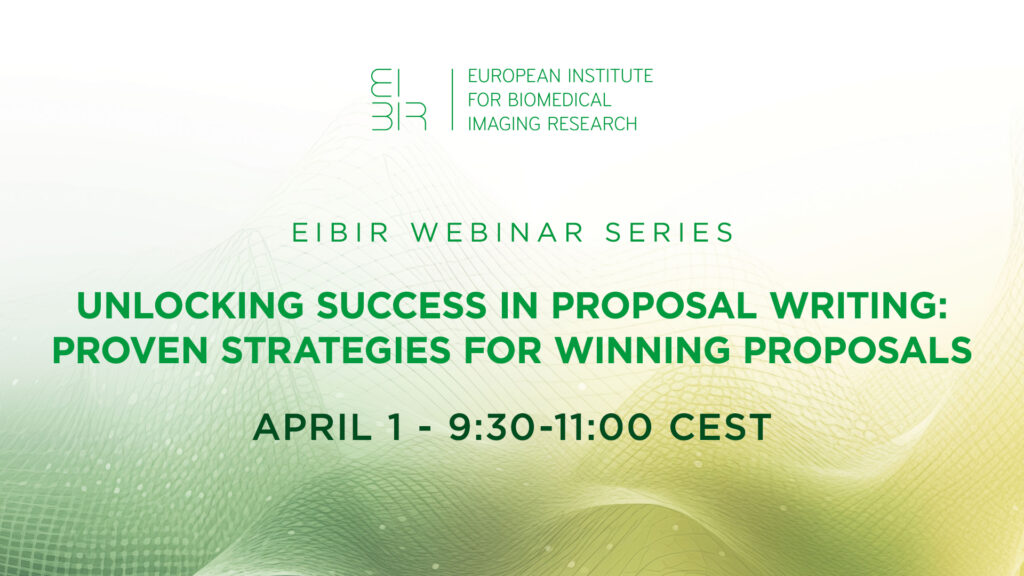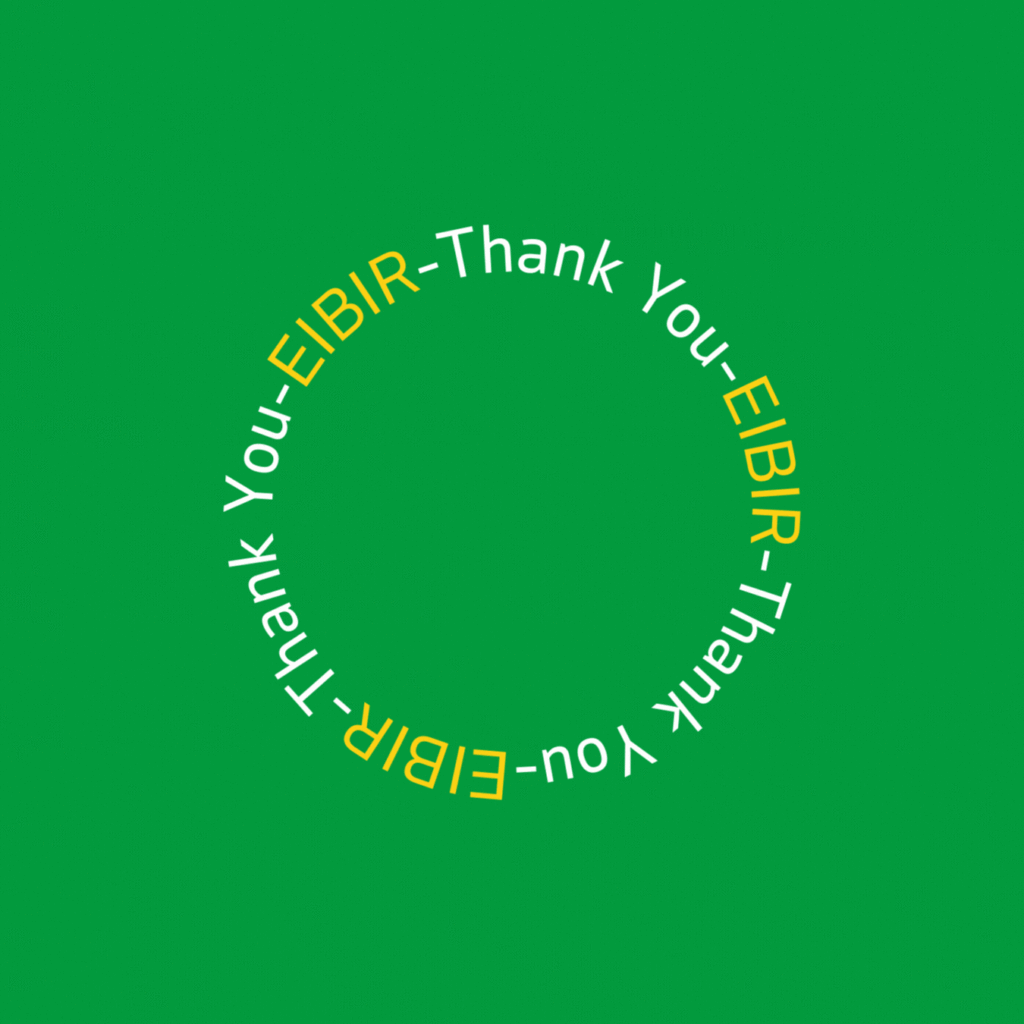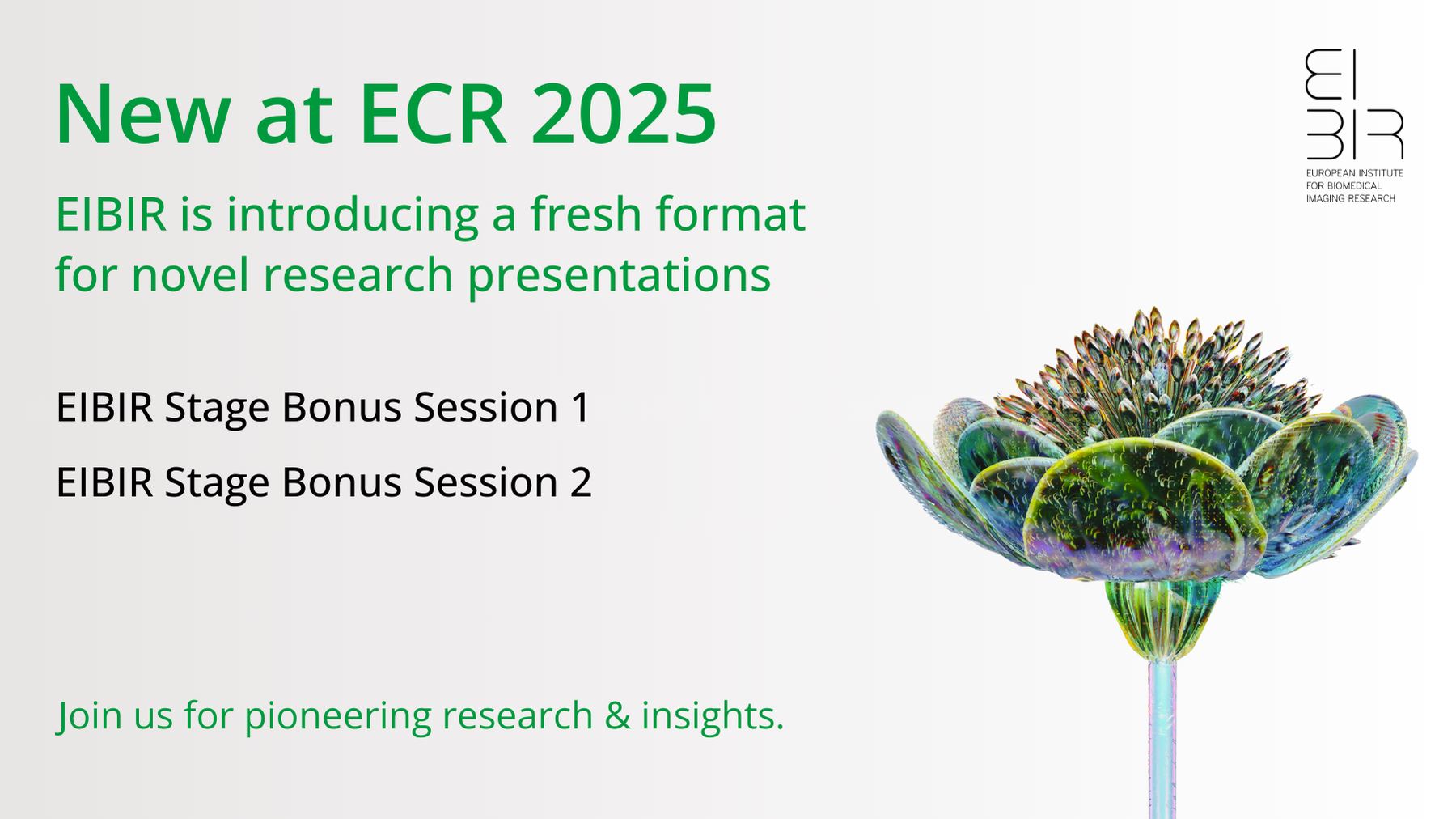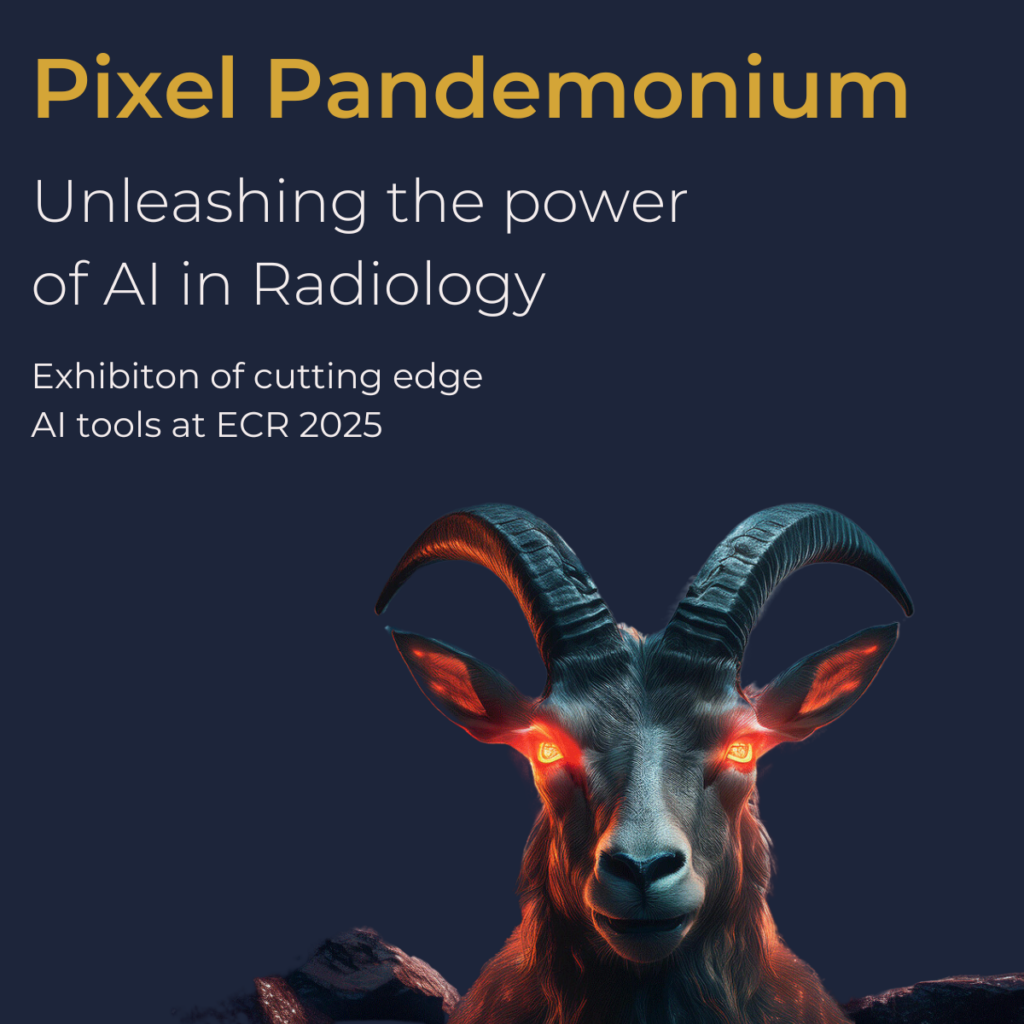EIBIR Webinar Series: Unlocking Success in Proposal Writing – Proven Strategies for Winning Proposals
Join us for an exclusive webinar!
Date: Tuesday, 1st April 2025
Time: 09:30 – 11:00 CET
Register Here to secure your spot!
A certificate of attendance will be issued!
Are you ready to master the art of crafting winning proposals for EU funding? Join us for an insightful session in the EIBIR Webinar Series: Unlocking Success in Proposal Writing. This event is designed for researchers who wish to secure funding and enhance their proposal-writing skills with proven strategies and expert guidance.
Why you should attend?
Writing a successful proposal involves more than simply presenting a great research idea – it’s about selecting the right funding call, creating a compelling narrative, and addressing key sections effectively. During this live online webinar, our expert speakers will walk you through essential steps and provide practical tips to help you navigate the proposal process and improve your chances of success.
What you’ll learn:
Identifying the right funding opportunities for your research
Best practices for writing clear and impactful proposals
How to communicate your research’s real-world impact effectively
Common pitfalls to avoid during the proposal process
Webinar Programme:
09:30 – 09:40: Introduction – Regina G. H. Beets-Tan, Amsterdam/Netherlands (10 min)
09:40 – 09:50: Identifying Funding Opportunities – Tina Kokan, Vienna/Austria (10 min)
09:50 – 10:10: Best Practices for Writing Winning Proposals: Tips and Examples – Katharina Krischak, Vienna/Austria (20 min)
10:10 – 10:30: From Science to Society: How to Describe the Real-World Impact of Your Project – Peter Gordebeke, Vienna/Austria (20 min)
10:30 – 10:55: Live Q&A from the Audience – (30 min)
10:55 – 11:00: Closing Remarks – Regina G. H. Beets-Tan, Amsterdam/Netherlands (5 min)
This is a unique opportunity to learn from experienced professionals who have successfully navigated the competitive landscape of EU research funding. Whether you’re a first-time applicant or an experienced researcher looking to refine your skills, this webinar will provide valuable insights to take your proposals to the next level.
Register now to reserve your place for the webinar and start preparing for your next successful funding application!
We look forward to seeing you there!

SINFONIA project unveils groundbreaking recommendations for safe medical use of ionising radiation

The SINFONIA project has set a new benchmark in radiation dosimetry and risk assessment, developing methodologies to provide precise, patient-specific dose estimations that enhance radiation safety and clinical decision-making. SINFONIA is proud to announce the release of its recommendations aimed at enhancing the safety and efficacy of medical procedures involving ionising radiation. These recommendations are the culmination of extensive research and development efforts from the SINFONIA project focused on personalised dosimetry and risk appraisal in diagnostic radiology, nuclear medicine and radiation therapy. The recommendations provide a comprehensive view on the doses and risks from medical procedures and through this contribute towards advancing the safe use of modern, optimised and individualised diagnostic and therapy procedures. The recommendations are directed towards professionals working with ionising radiation or having to determine doses and assess risks from the medical use of ionising radiation.
Ionising radiation, while invaluable in medical diagnostics and treatment, poses significant risks to patients and healthcare personnel. It can damage cellular structures and DNA, increasing the risk of cancer and other health issues. Repeated or high-dose radiation exposure during medical imaging can lead to skin injuries, cataracts, and cardiovascular diseases. Pregnant patients and those undergoing frequent scans are particularly vulnerable, with potential long-term effects including growth retardation and congenital malformations in conceptuses.
AI tools have been developed for individual dose determinations from imaging procedures in diagnostic radiology and nuclear medicine. Prof. John Damilakis (SINFONIA Scientific Coordinator, University of Crete) highlighted that “The development of the web-based AI-powered i-Dose platform within SINFONIA represents a breakthrough in personalised radiation dose estimation, offering healthcare professionals an innovative tool to estimate patient doses and optimise X-ray procedures.” Significant advances have also been made in low-dose determinations from RT applications, including imaging procedures and the summation of dose contributions. Alexandru Dasu (WP7 leader, Skandion Clinic) pointed out that “to our knowledge this is the first personalised approach to identify and characterise all contributors to patient doses.”
The project’s developments have enhanced understanding of dose magnitudes and risks, and the potential for novel approaches to individualise dose and risk determinations.
SINFONIA’s commitment to education and training has bridged knowledge gaps in radiation safety, equipping medical professionals with cutting-edge tools and best practices to enhance patient care. Important learnings have also emerged regarding the need for communication of risks to patients and the general public.
The results suggest distinct approaches for various patient categories. For patients suspected of a serious cancer diagnosis, effective radiation protection practices are essential to ensure that doses from diagnostic imaging are kept as low as reasonably achievable while maintaining image quality. For patients with a confirmed diagnosis, prioritising the delivery of the therapeutic dose to the target is crucial for long-term survival, with individual dose and risk assessments serving a secondary purpose to minimise treatment risks.
The production and administration of radionuclides pose additional risks for workers, the general public, and the environment. The impact on human and biota from the release of radiopharmaceuticals by hospitals were assessed by developing appropriate transport models. An AI-assisted computational system for real time staff dose assessment in nuclear medicine was developed. The performance and accuracy of a computational framework based on Monte Carlo simulations for the evaluation of the exposure of caregivers, family members or staff when in close contact with nuclear medicine patients after injection with radiopharmaceuticals was evaluated. Suitable education on radionuclides, techniques, and procedures can effectively minimise radiogenic risks, ensuring a skilled labour force within the EU for the safe use of ionising radiation in medical applications.
Looking ahead, the integration of AI and machine learning in radiology holds promise for further reducing radiation doses and improving image quality. These technologies can optimise image capture, reduce the need for repeated scans, and enhance image processing and interpretation.
Prof. John Damilakis concluded that “SINFONIA’s multidisciplinary approach has led to groundbreaking advancements, from AI-enhanced 3D dose distribution models to real-time extremity dose monitoring, strengthening radiation protection measures across medical fields.” The SINFONIA project’s recommendations mark a significant step forward in the safe and effective use of ionising radiation in medical settings. By leveraging advanced technologies and fostering education, SINFONIA is paving the way for a safer future in medical imaging and treatment.
For more information about the SINFONIA project and its outcomes and to view the recommendations document, please visit https://www.sinfonia-appraisal.eu/.
Explore EIBIR’s sessions at ECR 2025: full recap with session links
EIBIR is thrilled to have participated in a series of engaging and informative activities at the European Congress of Radiology (ECR) 2025.
From February 26th to March 1st, we hosted a variety of sessions, workshops, and demonstrations that highlighted the latest advancements in biomedical imaging. Thank you to all who joined us for these exciting and insightful events!
The EIBIR sessions as well as our ECR Studio sessions are open access. Please follow the instructions below:
- Visit the session page on ESR Connect and select the session you would like to watch.
- Click on “Login” in the upper right corner and enter your ESR MyUserArea credentials or create a new ESR account for free (after you have created your account please visit the session page once again).

Advancing Lung Cancer Screening in Europe: Answer the SOLACE Survey
The SOLACE project, funded by the EU4Health program, is developing new clinical guidelines for lung cancer screening across EU Member States. This pioneering initiative under Europe’s Beating Cancer Plan aims to facilitate the implementation of lung cancer screening programs, breaking down barriers to ensure access for people across all social and economic groups.
Following a comprehensive scoping review, the project has identified key priorities and is now seeking input from health professionals, patients, and other stakeholders to refine the final recommendations.
Stakeholder participation is essential to ensure the guidelines are comprehensive and effective. The survey is open until 21 March, and all relevant parties are encouraged to contribute their insights.
Complete the survey here: https://lnkd.in/dyuXHs5B
For further information or queries, please contact: solace.survey@gmail.com
EIBIR at ECR 2025
EIBIR is excited to announce a series of engaging and informative activities at the European Congress of Radiology (ECR) 2025.
Join us from February 26th to March 1st for a variety of sessions, workshops, and demonstrations designed to showcase the latest advancements in biomedical imaging.
The EIBIR sessions as well as our ECR Studio sessions are open access. Please follow the instructions below:
- Visit the session page on ESR Connect and select the session you would like to attend.
- Click on “Login” in the upper right corner and enter your ESR MyUserArea credentials or create a new ESR account for free (after you have created your account please visit the session page once again).
- The session is now saved in your user menu under ‘My Courses’ which can be accessed via your user icon in the upper right corner.
- When the session starts, log-into your account and visit the session page, where the livestream will start automatically.
We look forward to your participation in these exciting events. Let’s explore the future of biomedical imaging together!

EIBIR Introduces Novel Research Presentation Format at ECR 2025!
The European Institute for Biomedical Imaging Research (EIBIR) is set to unveil a new format for research presentations at ECR 2025. This initiative will provide selected researchers with a unique platform to present their work to an international audience, fostering greater visibility and engagement within the biomedical imaging community.
As part of this special presentation series, outstanding research from accepted EPOS abstracts has been selected for EIBIR Oral Presentations, taking place at the EIBIR Stage. These sessions will showcase cutting-edge advancements in imaging research, offering a prime opportunity for presenters to connect with experts and key stakeholders in the field.
Session Details
EIBIR Stage Bonus Session 1
Date: Friday, February 28, 2025
Time: 14:30 – 15:30 CET
Location: EIBIR Booth, Level 1
More Information
EIBIR Stage Bonus Session 2
Date: Saturday, March 1, 2025
Time: 11:00 – 12:00 CET
Location: EIBIR Booth, Level 1
More Information
These sessions represent a significant step in advancing imaging research, facilitating knowledge exchange, and driving innovation in the field. EIBIR encourages all ECR 2025 attendees to participate and engage with the latest developments in biomedical imaging.

Pixel Pandemonium at ECR 2025
Pixel Pandemonium is set to bring together leading AI/ML researchers and radiology experts at ECR 2025, offering a unique platform to explore the latest advancements in AI-driven medical imaging.
This exhibition will feature state-of-the-art technologies designed to transform healthcare, providing attendees with the opportunity to engage directly with cutting-edge innovations and participate in hands-on demonstrations.
A key highlight of the event will be the interactive pitch sessions, taking place daily at 13:30, where industry pioneers will present novel solutions and discuss the future of AI in radiology.
Event Details
Dates: Wednesday – Saturday, February 26 – March 1, 2025
Time: 10:00 – 17:00 Daily
Location: EXPO X1, Level -2, AIX Area
For more information, visit: Pixel Pandemonium at ECR 2025.

New ODELIA newsletter
The EIBIR-coordinated ODELIA project has just published its second newsletter, providing a comprehensive overview of the project’s latest activities and achievements to revolutionise medical AI with swarm learning.
Learn more about ODELIA’s work and upcoming events, and read the project’s publications and public deliverables.
The full newsletter can be accessed here.
To learn more about ODELIA click here.

The project ODELIA publishes groundbreaking AI Research for Cancer Screening in Nature Communications Medicine
The ODELIA project has published a key paper, addressing the growing challenge of analysing increasing volumes of MRI data. The study, published in Nature Communications Medicine, explores how Artificial Intelligence (AI) can help manage the rising demand for breast cancer diagnostic imaging.
With new breast cancer screening guidelines set to recommend magnetic resonance imaging (MRI) for a broader group of patients over the next five years, the amount of imaging data to be analysed will increase substantially. This presents a considerable challenge for radiologists who are already working under heavy workloads. However, AI offers a promising solution to decrease this load. The development of AI models, though, has been hindered by the need for manual annotations and stringent data-sharing regulations.
In response, the ODELIA project presents Swarm Learning (SL), a novel approach with an integrated pipeline that combines weakly supervised learning to reduce the need for detailed annotations with a technique that enables local model training while avoiding the need for centralised data sharing. The study used three datasets, with more than 1,300 breast MRI exams from institutions in the United States, Switzerland, and the United Kingdom, to train AI models. These models were then validated on two external datasets, with over 600 breast MRI exams from Germany and Greece.
The results of the study were promising. When SL was implemented in a real-world setup across three international centres, the models that were collaboratively trained outperformed those trained locally. Even with smaller datasets, the study demonstrated the feasibility of deploying SL internationally. An SL approach retains on-site data processing, addressing key challenges such as data privacy and variability in annotations.
The study from the ODELIA project highlights how collaboration between institutions can improve diagnosis, shown by the distributed datasets resulting in more effective AI training. This approach eliminates the need for detailed annotations and centralised data sharing, offering a solution that could help accelerate the development of AI in medical imaging.
ODELIA’s research paves the way for future advances in medical AI, as demonstrated by the breast cancer screening use-case, while adhering to privacy standards and overcoming the challenges of large-scale data analysis.
The full study in Nature Communications Medicine can be accessed here.
More information about the project is available at ODELIA.ai.
Catch the Replay: ESR-EIBIR Joint Webinar on AI and Data Repositories in Cancer Diagnosis
The highly anticipated webinar, “Data Repositories for AI Evolution in Cancer Diagnosis and Precision Medicine,” hosted by the European Society of Radiology (ESR) and the European Institute for Biomedical Imaging Research (EIBIR), is now available to watch online.
If you missed the live event, now is your chance to explore how data repositories are shaping the future of AI in healthcare. In this insightful session, experts discussed how advancements in AI are transforming cancer diagnosis and treatment through the use of innovative data repositories.
What you’ll learn from the webinar replay:
AI in Medicine: Gain a deeper understanding of the evolving landscape of AI-driven tools that are revolutionising cancer diagnosis and treatment.
Exploring Key Image Repositories: Learn about the crucial image repositories from the projects CHAIMELEON, EuCanImage, and EUCAIM, and their role in advancing precision medicine.
Pan-European Developments: Stay informed on the latest developments in pan-European image repositories and join the conversation by using hashtags #CHAIMELEON, #EuCanImage, and #EUCAIM to follow key achievements.
How you can contribute: Understand the importance of data annotation in furthering the development of AI in medicine and how you can get involved.
This webinar is a must-watch for those in the medical and research communities, providing valuable insights into the cutting-edge technologies driving cancer care forward.
Watch the webinar now to stay at the forefront of AI advancements in healthcare and discover how data repositories are playing a pivotal role in the future of cancer diagnosis and precision medicine!
